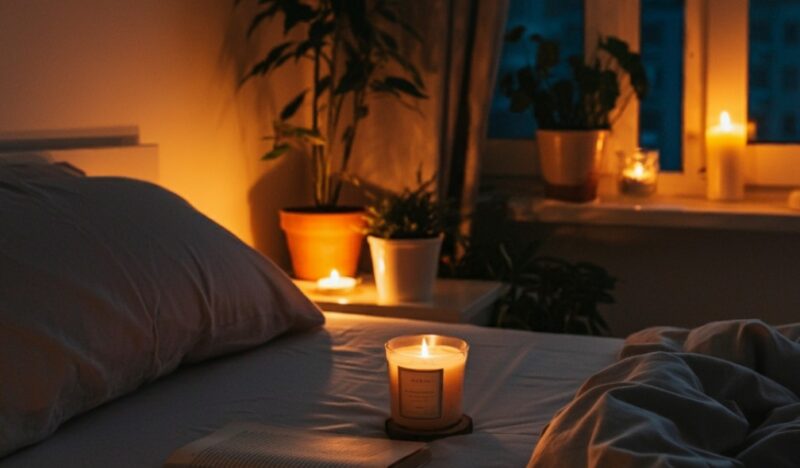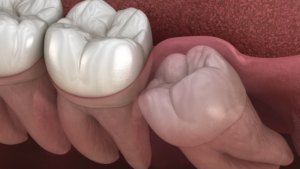Getting quality sleep is vital for overall health and well-being.
If you’re one of the many adults struggling with sleep issues, you might be considering various remedies, including sleeping pills.
But before turning to medication, it’s worth exploring natural sleep aids that can help you establish restful, restorative sleep habits.
Key Takeaways
- 1 in 3 adults doesn’t get the recommended amount of sleep.
- A consistent sleep routine is linked to better sleep quality, but only 34% of Americans maintain a regular bedtime.
- Natural methods, such as sleep hygiene practices, regular exercise, and cognitive behavioral therapy (CBT), can improve sleep.
- Natural sleep aids, including lavender and melatonin, may help, though more research is needed.
Why So Many Struggle to Sleep Well
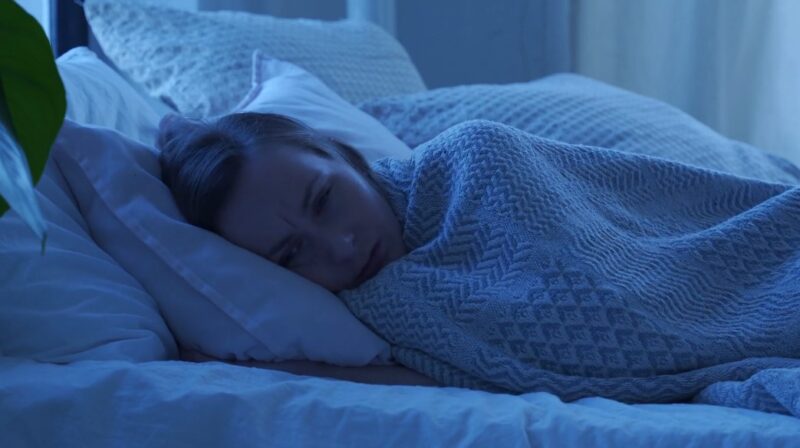
Getting enough sleep is essential for physical and mental health, yet the CDC reports that 33% of adults don’t get the recommended 7–9 hours of sleep. Various factors can affect sleep quality, including lifestyle habits, environmental factors, and underlying health issues like back pain or stress.
For adults aged 18–60, the CDC recommends at least 7 hours of sleep each night. For older adults, slightly more or less sleep may be optimal. If you’re struggling to achieve this, natural methods could be the answer.
Natural Strategies to Improve Sleep
Natural strategies can often be more effective than medications in the long term. Simple adjustments to your daily habits and nighttime routine may help you improve your sleep quality naturally.
1. Practice Good Sleep Hygiene
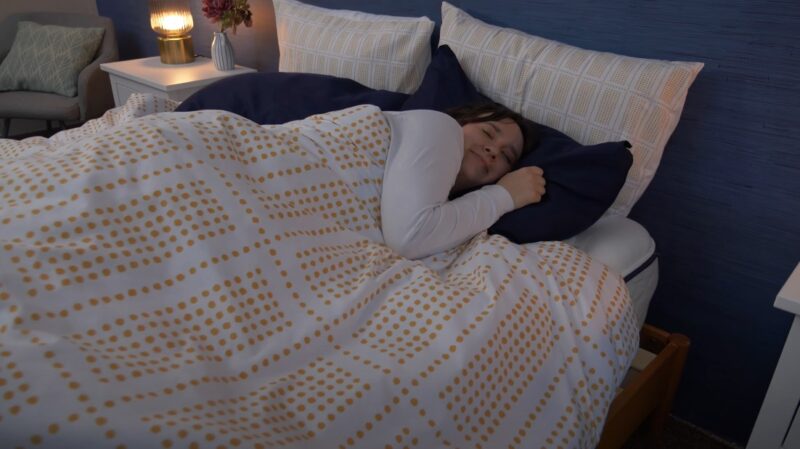
Sleep hygiene refers to the habits and environment that promote good sleep.
To start, establish a consistent sleep schedule by going to bed and waking up at the same time every day.
Also, consider these tips:
- Limit caffeine, alcohol, and large meals before bed: These can interfere with your ability to fall asleep or stay asleep.
- Create a relaxing sleep environment: Keep your room dark, quiet, and cool, which can signal your body to wind down.
- Avoid screens before bed: The blue light emitted from phones and computers can disrupt your circadian rhythm, so try reading a book instead according to sleepeducation.
This technique can prevent your brain from associating the bed with wakefulness.
2. Try Cognitive Behavioral Therapy for Insomnia (CBT-I)
CBT-I is a structured, evidence-based therapy for chronic insomnia that focuses on changing unhelpful thoughts and behaviors surrounding sleep. Lasting six to eight weeks, CBT-I helps individuals fall asleep faster and stay asleep longer by integrating relaxation techniques, sleep restriction, and stimulus control according to NHLBI.
3. Be Physically Active During the Day
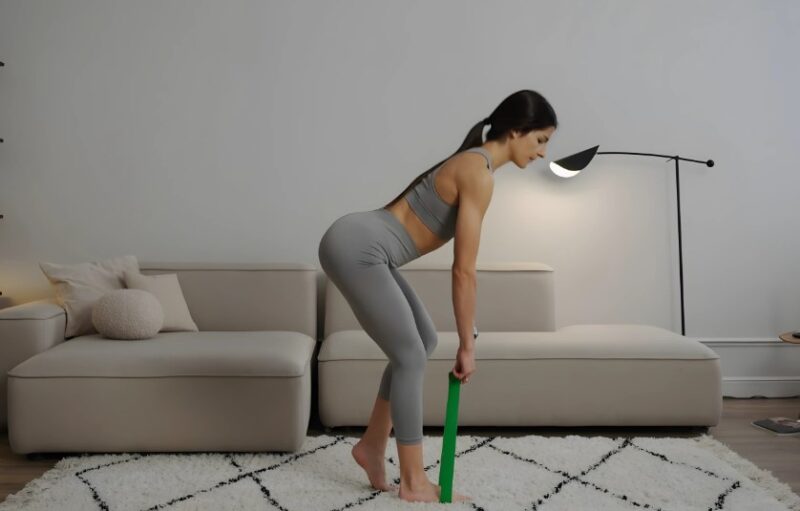
NCOA notes that daily physical activity can benefit both your physical health and sleep quality. Exercise helps regulate your circadian rhythm, and morning or afternoon workouts are particularly beneficial. Just avoid intense exercise within a few hours of bedtime, as it may keep you awake.
For older adults, the CDC recommends:
- 150 minutes of moderate-intensity activity weekly: Like brisk walking.
- Muscle-strengthening exercises: Two days per week.
- Balance exercises: Such as yoga, which can also promote relaxation.
4. Mindfulness Meditation
Mindfulness meditation involves focusing on the present moment and your breathing.
Regular practice may reduce stress and anxiety, both common contributors to sleep problems.
To try a basic meditation, focus on a calming sound or your breathing, and gently return your attention to this focus if your mind wanders.
5. Acupuncture
Some people find relief from insomnia through acupuncture, a traditional Chinese medicine practice that involves inserting fine needles into specific points on the body.
Although studies show promise, more research is needed to determine acupuncture’s effectiveness and safety for treating insomnia.
Natural Sleep Aids
If adjusting your sleep routine isn’t enough, some natural sleep aids can be helpful.
Always consult a healthcare provider before starting any new supplement, as some can interact with medications or aren’t safe for everyone.
Lavender
Lavender essential oil is a popular remedy used in aromatherapy.
Some studies suggest that inhaling lavender may improve sleep quality, especially in older adults.
However, it’s essential to use it carefully, as lavender can cause side effects like headaches or skin irritation in some individuals according to some sources.
Melatonin
Melatonin is a hormone that helps regulate the body’s sleep-wake cycle. It can be particularly effective for sleep disorders related to jet lag and shift work but isn’t recommended for treating insomnia without a specific diagnosis. NCCIH
CBD
Cannabidiol (CBD), derived from cannabis, is gaining popularity as a sleep aid.
While preliminary studies from Harvard health shows that CBD may alleviate insomnia symptoms, more research is needed to understand its effects fully.
Make sure to choose CBD products from reputable sources to avoid contaminants.
Magnesium
Magnesium may help improve sleep for people with magnesium deficiencies, which can cause symptoms like fatigue and insomnia.
Studies indicate that magnesium supplementation can improve sleep quality, particularly in older adults.
However, avoid taking excessive amounts to prevent side effects.
Valerian Root
Valerian root may benefit individuals with sleep issues tied to anxiety or depression.
Research is limited, so always consult with a healthcare provider before trying valerian root, especially if you take other medications.
Passion Flower
Passion flower is a medicinal plant with potential sleep-inducing effects. While more studies are needed, early research suggests it may be effective for mild sleep issues and anxiety. NCBI.
Natural Sleep Aids vs. Sleeping Pills
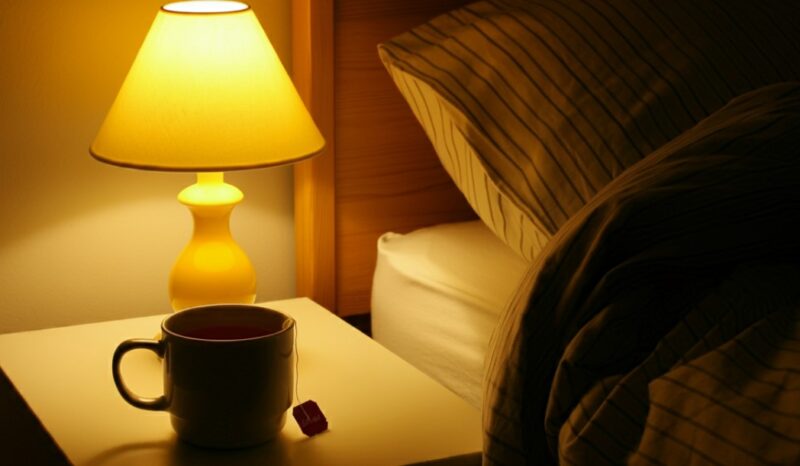
Natural sleep aids are not typically habit-forming and carry fewer side effects than prescription or over-the-counter sleep medications, which can cause issues like daytime drowsiness and increased fall risk.
However, natural options may take longer to work, and their effectiveness varies by individual.
Sleep problems may be a symptom of an underlying issue, such as anxiety or depression, which could require a different approach.
The Bottom Line
Natural strategies and aids are an excellent starting point for better sleep, from optimizing sleep hygiene to trying gentle herbal supplements.
These options are generally safer and more sustainable than sleep medications, although the effectiveness of each approach can vary.
If natural methods don’t help, consult with your doctor about additional options.
Achieving restful sleep is possible with the right combination of practices and, if needed, professional support.

